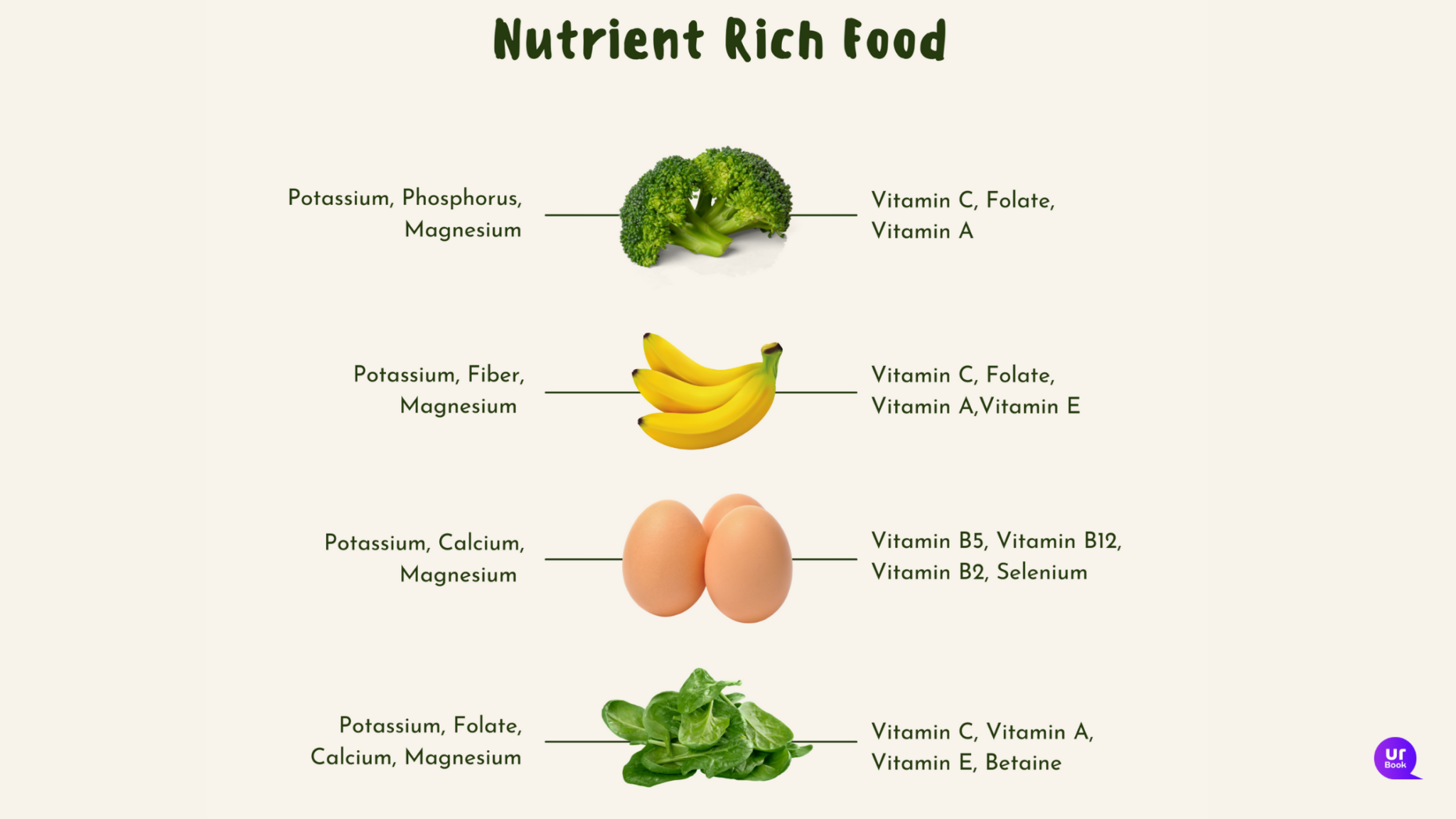
Your heart beats 1,00,000 times every day. Pumping blood tirelessly. And most of this work is done by the heart muscle, which makes up most of your heart. To keep the muscle in top shape, you need a good supply of nutrients for the heart. What minerals for heart are good for the heart? Magnesium and potassium.
Potassium and magnesium: the synergistic duo minerals for heart health
Your heart beats properly because of potassium and magnesium. These minerals for heart health work in tandem to keep everything hunky-dory.
- They regulate blood pressure. Potassium relaxes blood vessel walls, while magnesium helps maintain blood vessel flexibility, resulting in a healthier heart. It’s why taking more potassium can decrease hypertension.
- To maintain electrolyte balance, which is essential for the heart to function. When either potassium or magnesium is deficient, it increases the chances of heart disease and attacks.
Potassium: the heart’s best friend
Potassium, an electrolyte, is a busy bee. It helps muscles contract. It brings other nutrients to cells and removes waste from them. Not only that, but it ensures carbs are metabolised properly, and proteins are synthesised. It also keeps the heart in the right rhythm.
Regulates blood pressure
Potassium helps maintain healthy blood pressure levels by counteracting the effects of sodium. Studies also prove that when your body is low in potassium, your arteries stiffen, which makes it harder for blood to flow as it should. The right amount of potassium for the heart relaxes blood vessel walls, reducing tension and promoting smoother blood flow.
Supports electrical signals
For the heart to beat in the right rhythm, it needs certain electrical signals. It’s potassium’s job to ensure that these signals are transmitted, which makes it an essential mineral for heart health. Without it, you would have arrhythmia (an irregular heart rhythm).
Manages fluid balance
Excess fluid in the body puts a strain on the circulatory system. Adequate potassium levels maintain the right fluid balance, ensuring the heart works efficiently.
Magnesium: the heart’s secret weapon
When it comes to minerals for the heart, magnesium doesn’t get the recognition it deserves. Calcium and potassium hog all the limelight. But it is certainly an equally important nutrient for heart health.
Why? Because potassium can’t play its role without magnesium since the latter acts as the “vehicle” for the former. It’s magnesium that transports potassium into the cells of the heart.
Hearty muscles and a heartbeat
When ions (negatively or positively charged molecules) of an electrolyte like magnesium move through cell membranes, the voltage level of those cells changes. And that’s what causes the muscle made up of those cells to contract or relax.
That’s what magnesium does for the heart. It keeps the electrical activity in check, so there are no irregular heartbeats. It ensures the heart muscle functions properly and pumps at full speed by relaxing and contracting.
Controlling inflammation
The risk of heart disease increases if you have chronic inflammation. Magnesium has anti-inflammatory properties, so it can potentially lower the chances of cardiovascular problems. Moreover, when your body is low on the mineral, some heart medications don’t work as well as they should.

Ensuring sufficient intake of nutrients for heart health
The best way to get the minerals your heart needs is through a healthy diet, but in some cases, supplements may be necessary to meet your body’s potassium and magnesium requirements. However, consult with a healthcare professional before you take any.
Potassium-rich foods
An adult needs about 4.7 gms of potassium every day. Eat a heart-healthy diet that includes oranges, bananas, fatty fish, spinach, avocados, and more. All of them are delicious options to boost your potassium levels naturally.
Magnesium-rich foods
Have almonds, legumes, whole grains, and dark chocolate (in moderation, of course!), and your heart will thank you for it. Target 420 mg if you’re a male and 320 mg if you’re a female, as that is the recommended daily amount of magnesium.
Minerals for the heart: the takeaway
From regulating blood pressure and supporting proper heart muscle function to promoting a steady heartbeat and reducing inflammation, potassium and magnesium are true powerhouses.
By incorporating foods rich in these nutrients into your diet, you can give your hearts the love and care they deserve. And if you need help with a diet plan for a healthy heart or one that focuses on vitamins and minerals, find one on the QurBook App.
